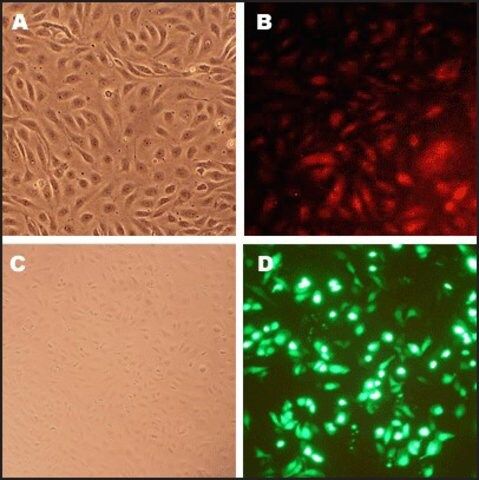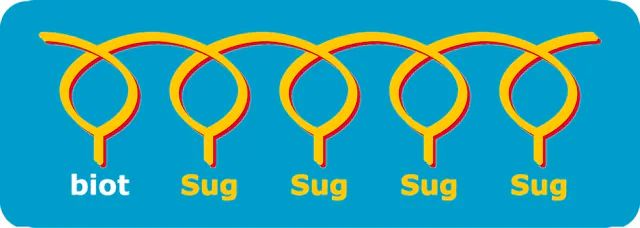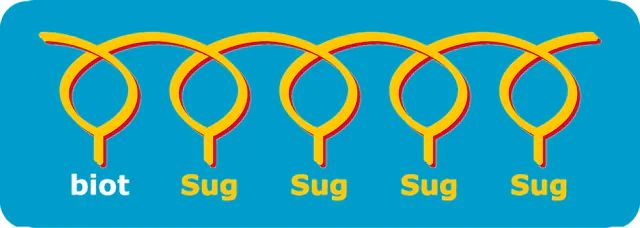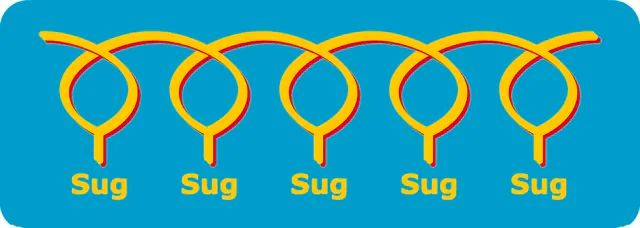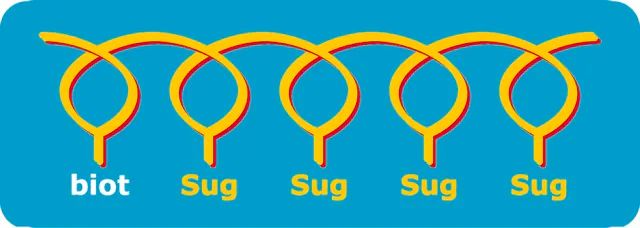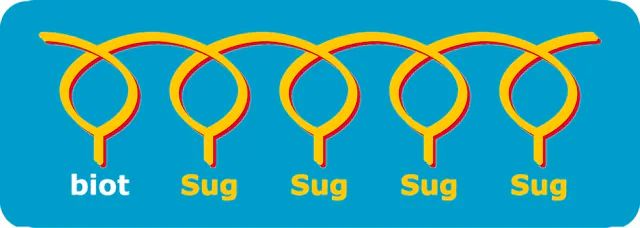产品说明
一般描述
HCAEC provides an excellent model system to study all aspects of cardiovascular function and disease, and they have been utilized in dozens of research publications, for example to:
- Understand the mechanism of the anti-inflammatory properties of HDL, and demonstrate for the first time that mature miRNA can control gene expression in a cell where it is neither transcribed nor processed (Tabet, 2014)
- Study mechanisms of angiogenesis, as well as oxidative stress and inflammation related pathways in endothelia (Ji, 2009; Wang, 2011; Quinn, 2011; Hung, 2010; Rajesh, 2010; Riegel, 2011; Lin, 2013; Lloid, 2013Baley-Downs, 2012; Kapur, 2012; Melchior, 2012; Castanares-Zapatero, 2013; Hankins, 2013; Lord, 2013; dela Paz, 2013; Takai, 2013), including gender and race specific differences in patients with peripheral artery disease (Gardner, 2014)
- Elucidate molecular mechanisms of various cardiovascular risk factors, including those associated with diabetes (Vladik, 2011; Kapur, 2011; Dunn, 2013; Leucker, 2013; Liu, 2013, 2014; Morgan, 2014; Torella, 2014)
- Understand the mode of action and cardiovascular protection effects of various natural compounds, vitamins and drug candidates (Candelario, 2013; Ramirez-Sanchez, 2010, 2013; Lee, 2013; Nsimba, 2013; Di Bartolo, 2011; Baotic, 2013; Murphy, 2013; Tan, 2013; Wu, 2012), as well as caloric restriction (Csiszar, 2009, 2013)
- Develop and evaluate scaffolds and hydrogels for cardiac tissue engineering (Singelyn, 2009, 2011; Seif-Naraghi, 2010; Johnson, 2014), and new treatment strategies to prevent stent restenosis (O′Neill, 2009; O′Brien, 2010; Crowder, 2011, 2012; Eppihimer, 2013; Hiob, 2013)
- Compare effects of BMP-4 on HCAEC and Human Pulmonary Artery Endothelial Cells (HPAEC) and show that only in HCAEC BMP-4 treatment induced ROS, activated NF-kB, ICAM-1 and increased monocyte adhesiveness, explaining why its upregulation leads to atherosclerosis and hypertension in the systemic, but not pulmonary circulation (Csiszar, 2008)
Additionally, HCAEC, along with human aortic (HAOEC), carotid artery (HCtAEC), subclavian artery (HScAEC) and brachiocephalic artery (HBcAEC) have been used to demonstrate that not only blood vessels from different tissues are highly heterogeneous, they also interact differently with leukocytes during the inflammation response (Scott, 2013). The authors further showed that differential N-glycosylation of commonly expressed vascular adhesion molecules may be responsible for this heterogeneity, as well as for modulation of signaling under resting and activated inflammatory conditions. This also explains why specific vascular beds may be more or less susceptible to particular diseases or stimuli. Importantly, if cells from different sources were used, these results could not be convincingly validated due to a number of uncontrolled variables, such as age, race, genetic variability or life style choices of the donors.
Because of the complex heterogeneity that exists not only between different donors, but even between different vascular beds in the same individual, it would be prudent to confirm any new findings on primary cell lots coming from several different origins.
细胞系来源
Artery
应用
cardiovascular function, angiogenesis, vascular biology, regulation of coronary blood flow, cardiac functions, effects of vaso-dilators, coagulation, fibrinolysis, vessel wall tone, cytokine production
组分
Basal Medium containing 10% FBS & 10% DMSO
制备说明
- 2nd passage, >500,000 cells in Basal Medium containing 10% FBS & 10% DMSO
- Can be cultured at least 15 doublings
传代培养常规
Please refer to the HCAEC Culture Protocol.
基本信息
| NACRES | NA.81 |
产品性质
| 质量水平 | 100 |
| 生物来源 | human coronary artery (normal) |
| 包装 | pkg of 500,000 cells |
| 生长模式 | Adherent |
| 核型 | 2n = 46 |
| 形态学 | Endothelial |
| technique(s) | cell culture | mammalian: suitable |
| 相关疾病 | cardiovascular diseases |
| 运输 | dry ice |
| 储存温度 | −196℃ |
安全信息
| 储存分类代码 | 13 - Non Combustible Solids |
| WGK | WGK 3 |
| 闪点(F) | Not applicable |
| 闪点(C) | Not applicable |

